News Archive
2016
-
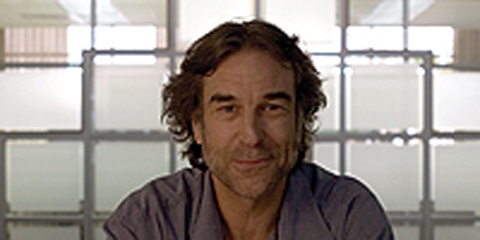
New research shows that people who have schizophrenia can still live independently, pursue higher education or hold down a demanding job. In fact, many do manage their illness and live full and highly productive lives.
-
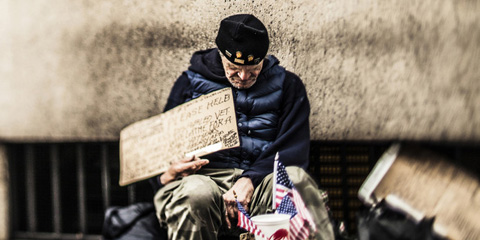
Nearly 44,000 people are homeless in Los Angeles County—about 30 percent of whom are chronically homeless. Chronically homeless individuals are likely to be older than the general homeless population and have remained homeless for long periods of time—sometimes years or even decades. Typically, they have a disabling health condition such as mental health or substance abuse problems, making it difficult for them to maintain stable housing and employment. Most do not have a support network and rely on an already over-taxed social service system.
-
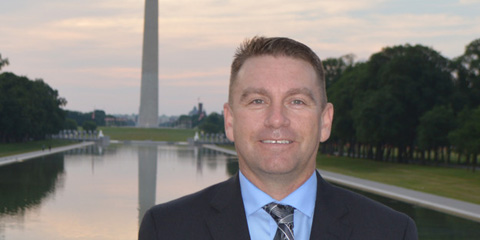
To most Americans, a social worker among politicians in Washington, D.C., may be an unfamiliar sight. But U.S. Army Battalion Sgt. Maj. Eric Chastain is not like most Americans.
A graduate of the USC Suzanne Dworak-Peck School of Social Work, Chastain, MSW ‘15, was selected earlier this year as one of 30 finalists -- from a pool of about 4,000 -- to be part of the White House Fellows program, working alongside the president’s cabinet.
-
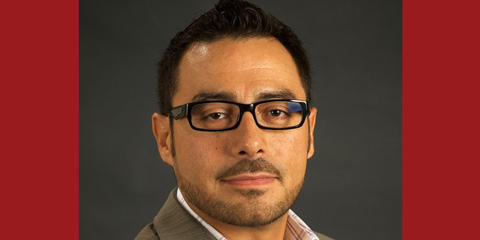
Usually it's doctors, nurses and therapists who get the credit for delivering the most innovative practices in health care. But a USC researcher says one group has been largely overlooked: the leaders at health care organizations who manage change and improve standards of care day in and day out.
As anyone who has ever worked in a large organization knows, implementing change is difficult. This is as true in health care as in any other field. Also true: high-impact change usually happens when effective leaders make it happen.
-
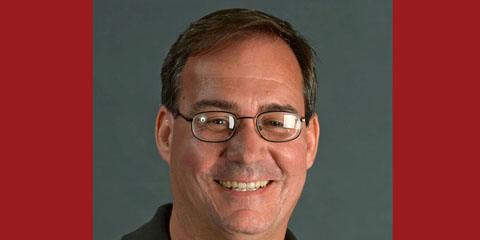
Fifteen years of war in Afghanistan and Iraq have generated unprecedented investment in mitigating war-related mental health problems, including large increases in funding since 2007 for clinical trials of trauma-focused psychotherapies.
-
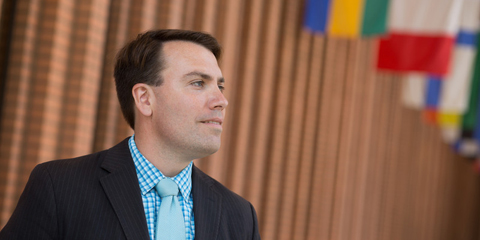
Is it possible that the social work profession could eliminate the homelessness crisis in our lifetime? From Assistant Professor Ben Henwood’s perspective, homelessness is a solvable problem on a national scale, and social work is uniquely qualified to lead the charge.
-
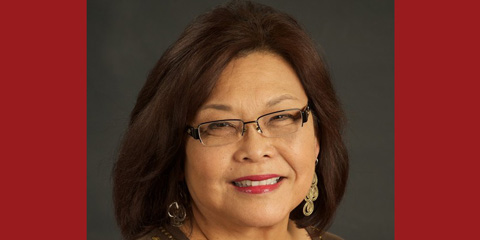
A national center focused on addressing the needs of students exposed to trauma has received new funding to continue its work.
-
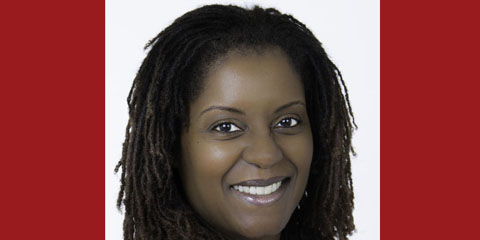
California’s population is aging. By 2030, 18 percent of the state will be 65 or older. More significantly, this population will be increasingly racially and ethnically diverse. Current projections suggest that 52% of these older adults will be members of a minority group.
This demographic shift is likely to have a profound impact on California, with studies projecting increased older adult poverty rates, rising health-care costs for the elderly, and significant long-term care shortages.
No population is expected to be harder hit than African Americans.
-

Modern social work and nursing as professions were borne under conditions of profound social and political upheaval in the 19th century. We have been committed ever since to the struggle for social change, social justice, healing and protection of vulnerable populations. We increasingly recognize the impact of social determinants on health and positive outcomes for all.
As dean, I want to reaffirm this dedication to social justice and our determination to support a fair, democratic and open nation.
-
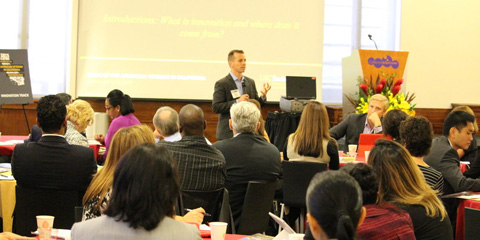
More than 200 statewide leaders recently met to discuss how to make California the most veteran-friendly state in the nation.
The “State of the American Veteran in California” conference—held in September at the California Science Center in Los Angeles—was organized by the Center for Innovation and Research on Veterans & Military Families at the USC Suzanne Dworak-Peck School of Social Work to explore and design actions to address the most pressing issues facing veterans today.